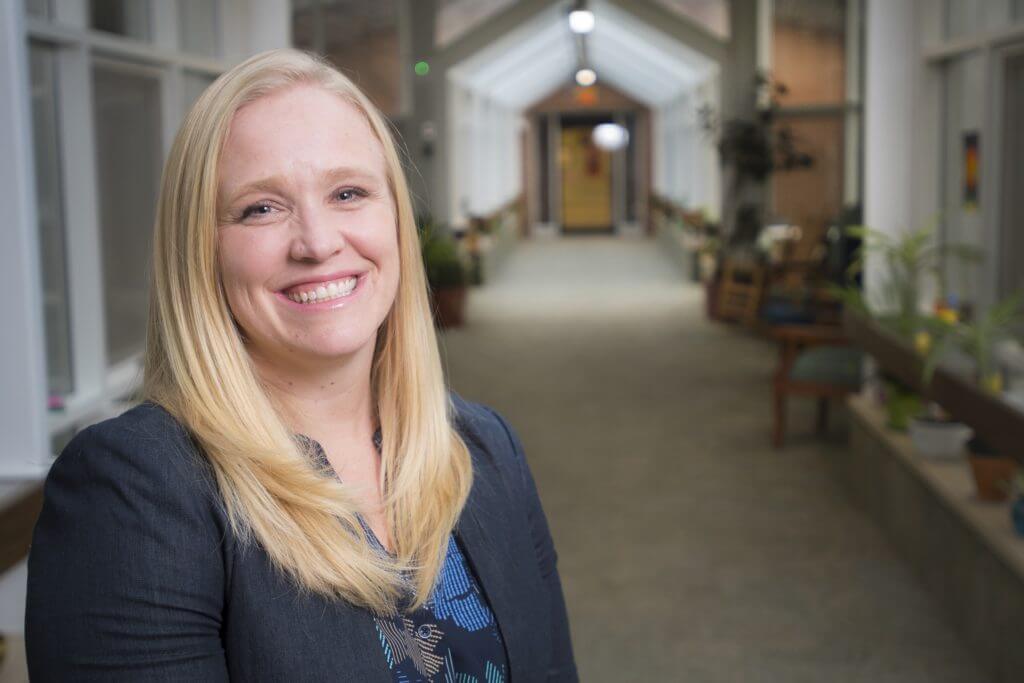“When you think about it,” says Heather O’Brien, “most of our waking hours are spent at our workplace, where we’re surrounded by people who get a lion’s share of our time.”
And yet, says the Director of Psychosocial Services at Emmanuel Hospice, some of us can feel uncomfortable about approaching a co-worker who has experienced the loss of a friend or loved one, and likely needs the support of fellow employees.
Clearly then, it’s in the best interest of everyone connected with that workplace to embrace strategies and protocols honoring the journey people embark on during an emotional crisis.
As longtime grief counselors, O’Brien and her staff work on a case-by-case basis in efforts to help managers and their employees understand the intricacies of that grief, how it can manifest itself and how it might be assuaged.
Managers, she says, need to lead in ways that create empathy and transparency around the loss. And employees need to be proactive in ways that allow for interaction without trespassing on a hurting person’s privacy.
In moving forward, it’s important to be sensitive to that employee’s needs, and recognize that as a result of their grief, they:
- Could become distracted at work, leading to a loss of efficiency.
- Might need more time off than another person, since we all grieve differently.
- May need opportunities to share their story with others.
- Are sometimes likely to experience indecisiveness, fatigue, irritability and a wide range of emotions.
Some employees may retreat inwardly and shouldn’t be criticized for not wanting to express details, says O’Brien. Conversely, others might be reaching out in ways that express a willingness to engage with others over what they’re enduring.
O’Brien says that managers “need to check in with that person” so they can convey the best way for employees to proceed. Often, it means going beyond sending flowers or a fruit basket. In some workplaces, O’Brien has witnessed people taking up a donation or providing meals or putting together a memory book for their co-worker.
In any case, it’s important not to make judgments or assumptions. Saying “I know how you feel” or “You’ll heal over time” can ring hollow to someone in the midst of grief. Better to say “I’m here for you” or “I’m not sure what to say, but I’m here to listen.”
With the advent of social media, O’Brien says that using e-mail or Facebook to express your sentiments should be weighed carefully against options like sending a card or handwritten note or connecting face-to-face. Go with what feels right – and with what you would prefer if the tables were turned.
A savvy workplace, says O’Brien, will have plans in place to address all manner of grief for the wide range of people it employs, and part of that should be providing external resources. Those might be issued through an Employee Assistance Center, or an organization like Emmanuel Hospice, which provides support to grieving adults at no charge.

